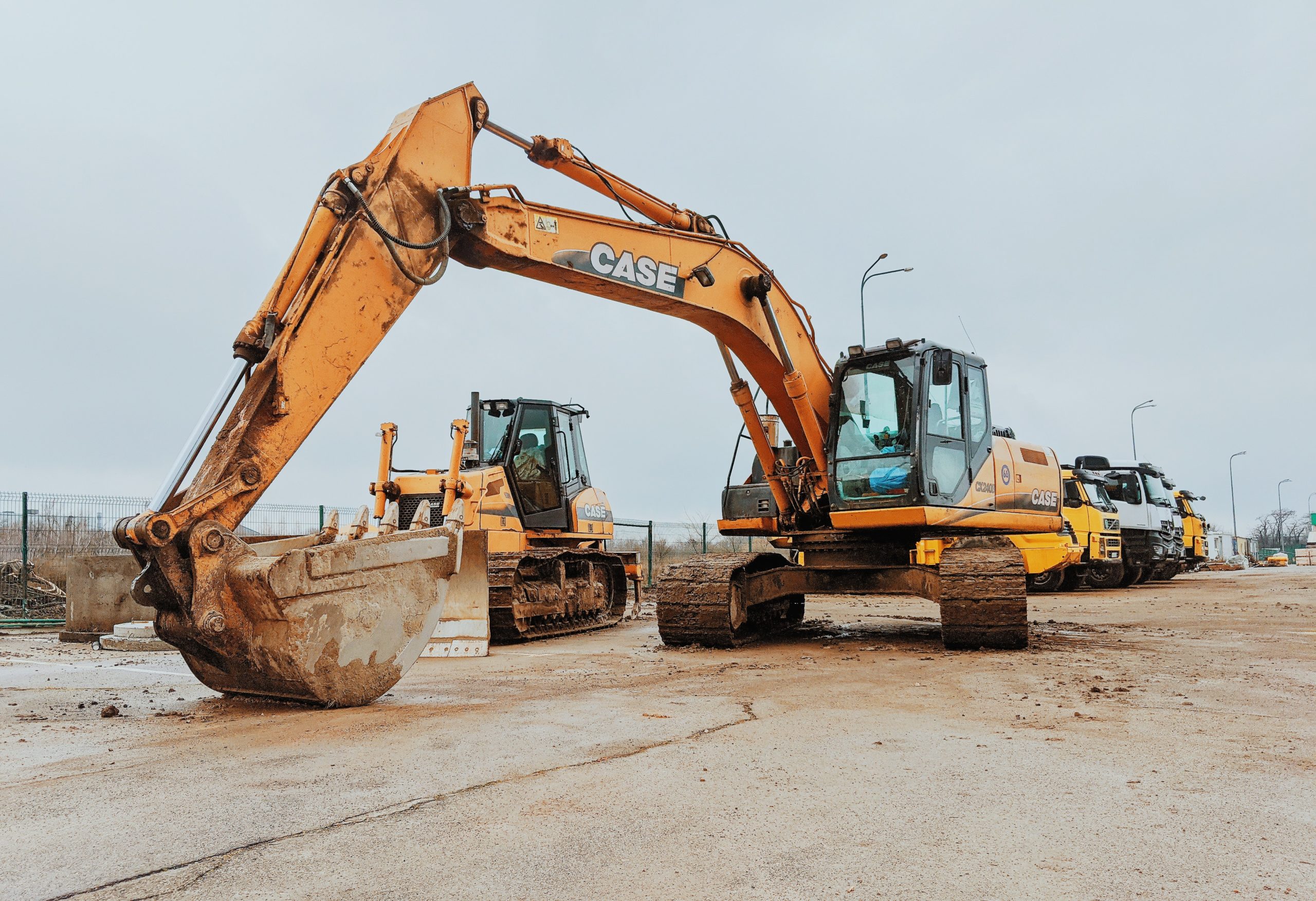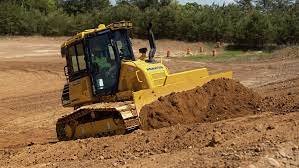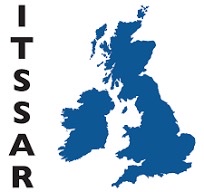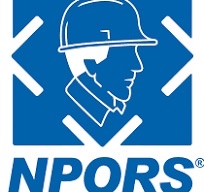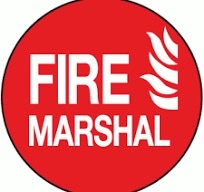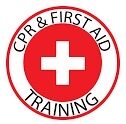N215 DOZER
Home » N215 Dozer
Dozers are heavy-duty machines widely used in construction, demolition, mining, and land reclamation for tasks such as pushing soil, rocks, and debris. Operating a dozer requires specialized training to ensure safety and precision in various working conditions.
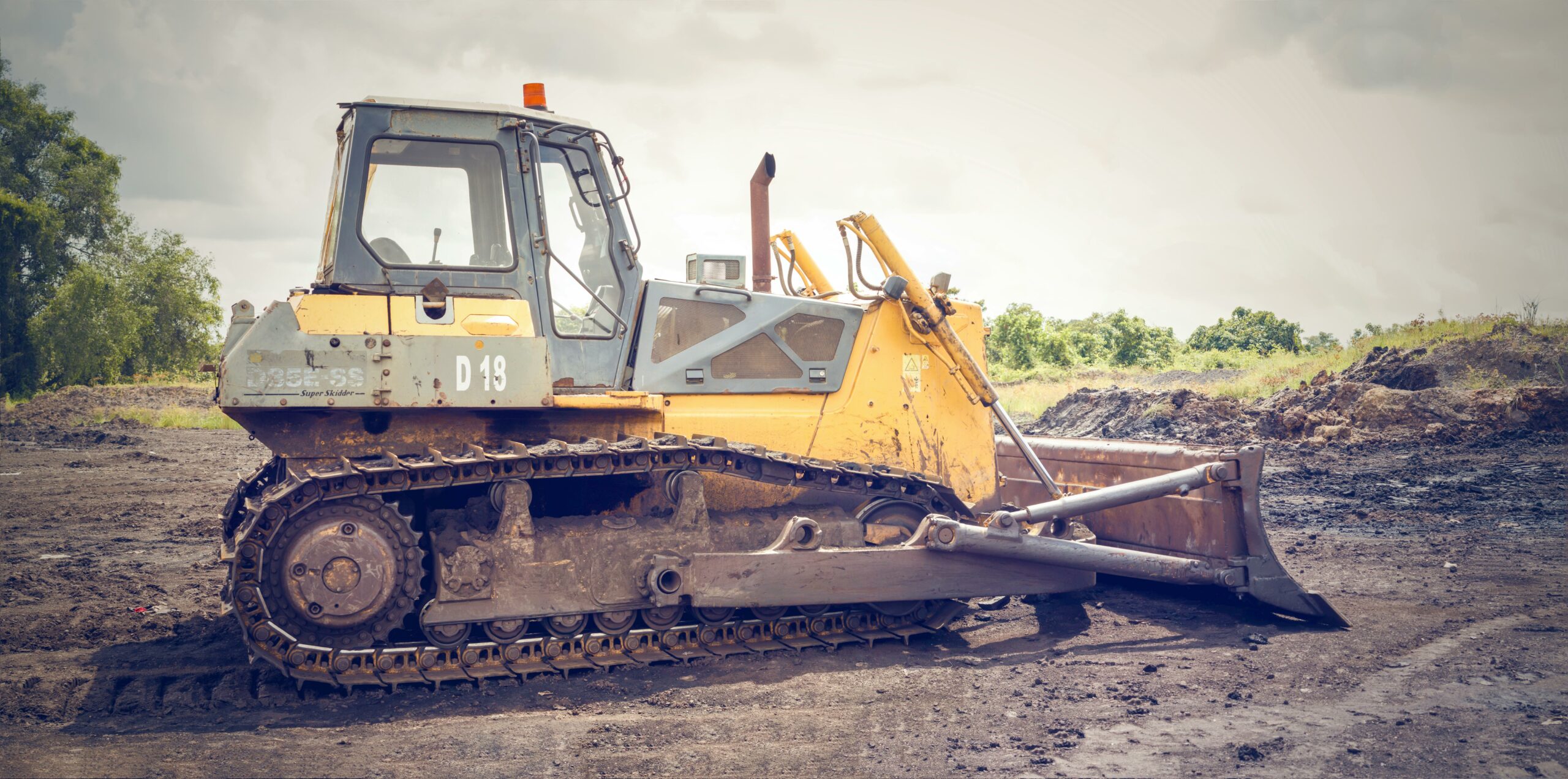
Whats covered?
– Overview of the dozer’s components and controls.
– Understanding the different types of dozers and their applications in construction and other industries.
– Familiarization with the machine’s operating capabilities and limitations.
Health & Safety Regulations
– Detailed instruction on relevant health and safety legislation, including the Health and Safety at Work Act, Provision and Use of Work Equipment Regulations (PUWER), and other regulations affecting dozer operations.
– Risk assessment and hazard identification when operating a dozer.
– Site safety procedures, including working around other machinery, workers, and obstacles.
Pre-Operational Checks and Maintenance
– How to conduct daily pre-operational checks, including fluid levels, track condition, and hydraulic systems.
– Identifying potential issues that could impact safety or performance before starting operations.
– Routine maintenance tasks and ensuring the machine is in good working order.
Dozer Controls and Operation
– Learning to operate the dozer’s controls with precision, including steering, blade control, and speed management.
– Understanding how to maneuver the machine in different terrain types, such as uneven, rocky, or soft ground.
– Controlling the blade for pushing, leveling, and spreading materials.
– Training on various dozing techniques, such as slot dozing, backfilling, grading, and leveling.
– How to safely handle and manage different materials, including soil, rubble, and aggregates.
– Ensuring proper compaction and maintaining accuracy while shaping the ground.
Working on Slopes and Uneven Terrain
– Techniques for safely operating the dozer on inclines, declines, and uneven ground.
– Managing machine stability and load control on challenging terrain to prevent accidents or rollovers.
Safe Use of Attachments
– Understanding how to use dozer attachments such as rippers, blades, and winches.
– Safe attachment and detachment procedures, ensuring the correct usage of each tool for specific tasks.
Post-Operational Procedures
– Proper shutdown and parking techniques to ensure the dozer is left in a safe condition.
– Conducting post-operation inspections to identify any maintenance issues.
– Recording and reporting any faults or necessary repairs.
Ready TO RECEIVE YOUR qualification ?
All our trainers’ assessor testers are fully qualified within multi competency skills CPCS, NVQ and SENTINEL
We offer a friendly hands on approach using real world experience to help install a fuller more comprehensive course enabling the candidates to benefit from our years of experience.
Benefits of NPORS N215 Dozer Certification
Improved Safety and Compliance
Operators trained and certified in the safe operation of dozers help reduce the risk of accidents, injuries, and damage to machinery. The NPORS N215 certification ensures compliance with health and safety regulations, providing operators with the necessary knowledge to work safely on-site.
Enhanced Employment Opportunities
A recognized qualification such as the NPORS N215 certification improves the employability of operators. Many employers look for candidates who can demonstrate competency through accredited qualifications, making this certification an essential credential for those seeking work in plant machinery operation.
Flexible Training Options
DDRF Training provides flexible training solutions to suit both individuals and businesses. Our NPORS N215 Dozer Course can be conducted at our fully-equipped Essex training facility, or we can offer on-site training at your location, ensuring that operators are trained in the environment where they will be working.
Nationally Recognized Certification
The NPORS N215 Dozer Operator Card is a nationally recognized qualification. NPORS is widely respected across industries like construction, agriculture, and civil engineering. For operators working on CSCS-compliant sites, the NPORS card can be issued with the CSCS logo, granting access to these job sites.
